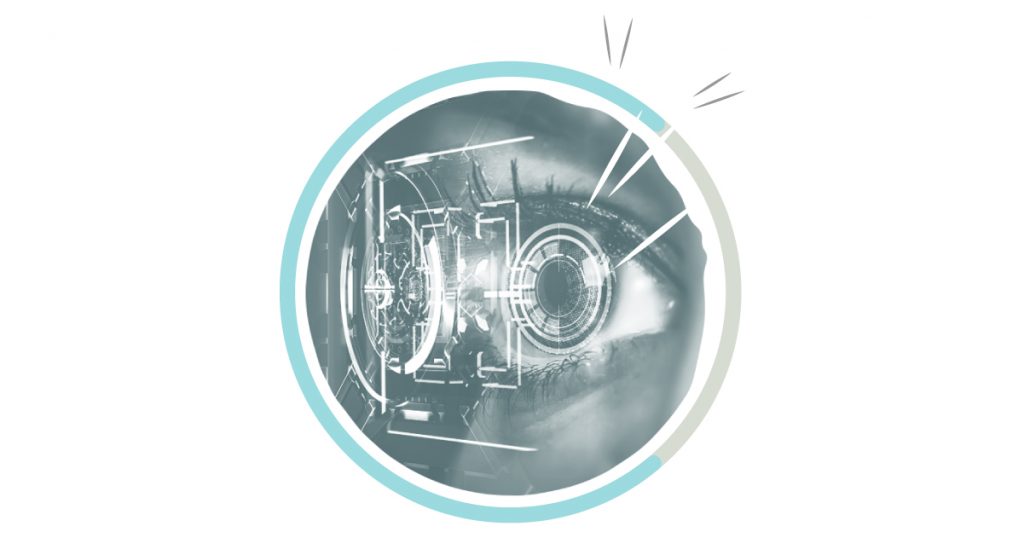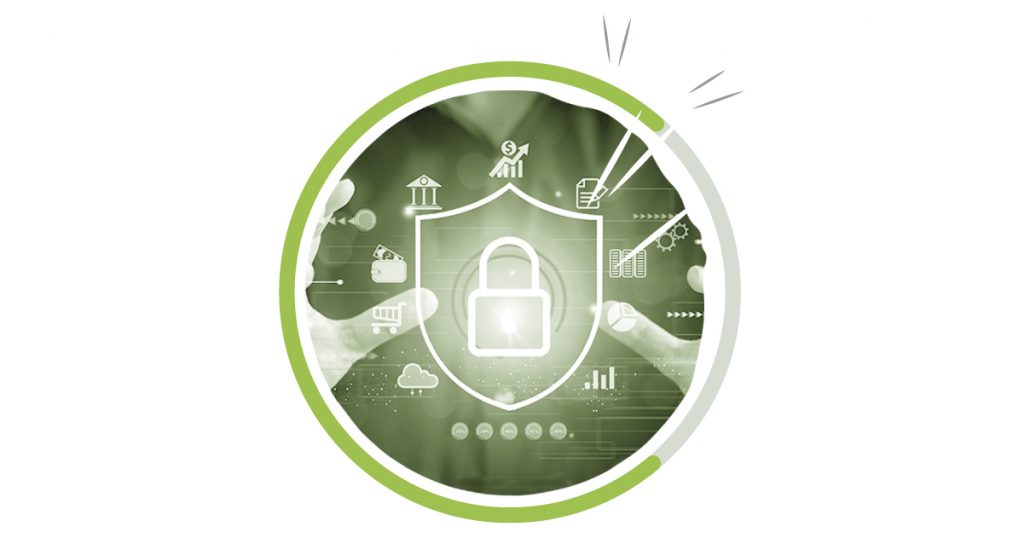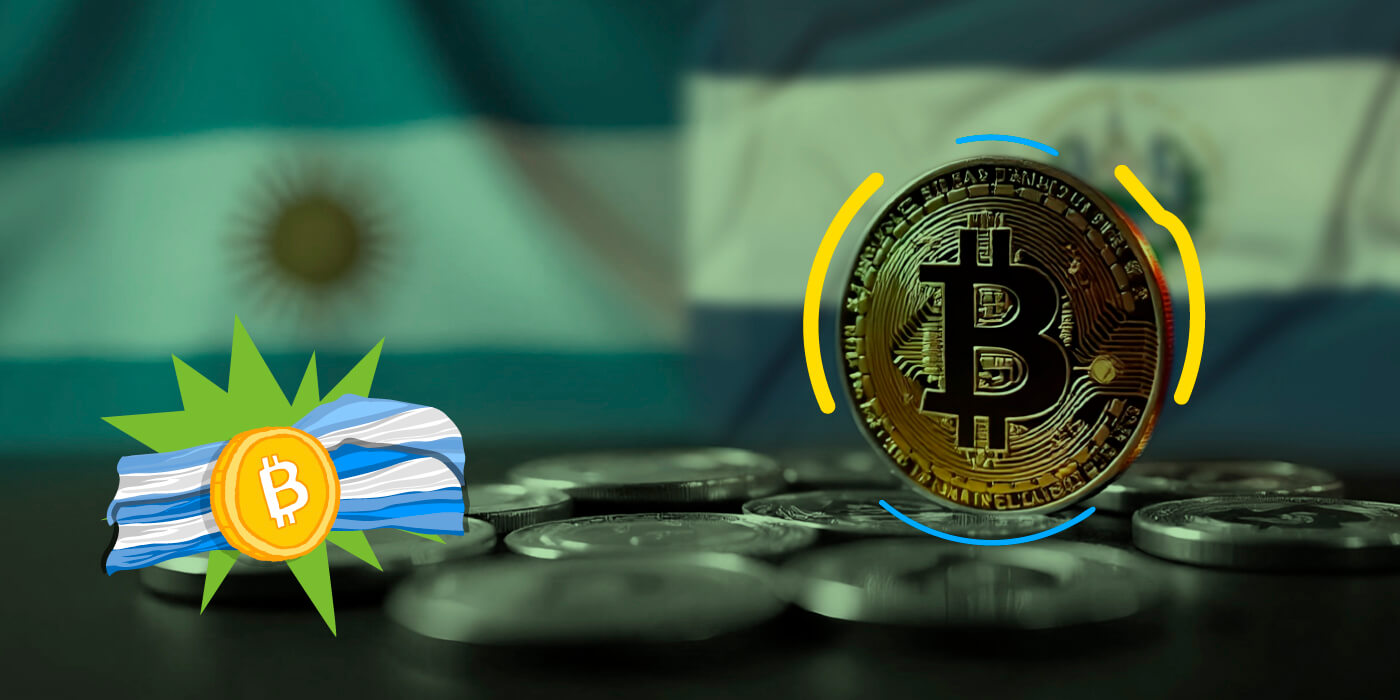Iris scanning is a technology that allows a person to be identified by their iris, which is the colored part of the eye that surrounds the pupil. The iris has a unique and unrepeatable pattern for each individual, making it a very secure and accurate biometric authentication method.
How does iris scanning work?
Iris scanning is based on capturing an image of the iris using a special camera that emits infrared light. This light allows the characteristics of the iris to be highlighted, such as its shape, color, texture and position. The image is then processed using an algorithm that extracts a numerical code called an iris code. This code represents the person’s digital identity and can be stored in a database or on a personal device.
Click to Tweet: 💡 The perfect union: Iris scanning and blockchain. What benefits do they bring for digital identity and the economy? 💪🌐 #Innovation #Privacy #Cryptocurrencies
Iris scanning has several advantages over other biometric identification methods, such as fingerprints, facial recognition, or voice recognition. Some of these advantages are:
- It’s quick and easy: The scanning process takes only a few seconds and does not require any physical contact or additional documentation.
- It is safe and private: The iris code is unique and unalterable, which prevents identity theft or falsification. Additionally, the code can be encrypted and protected with a personal key, ensuring data confidentiality.
- It is inclusive and equitable: Identity testing through iris scanning is possible for anyone regardless of their origin, age, gender or social status.

What applications does iris scanning have with blockchain?
Iris scanning can be combined with blockchain technology, which is a distributed, transparent and secure ledger system that allows information to be stored and transferred without intermediaries. The blockchain is based on a network of nodes that validate and record transactions through a consensus mechanism. Each transaction is grouped into a block that is linked to the previous block, forming an immutable chain.
The combination of iris scanning and blockchain has several potential applications in the field of identity and the digital economy, such as:
- Biometric data mining: Consists of the collection and analysis of user biometric data in exchange for Cryptocurrency rewards, as Wordcoin does. Who collect valuable information to improve security and develop advanced biometric technologies. Users can monetize their own biometric information in a controlled and transparent manner, creating a mutual incentive for collaboration and protection of personal data.
- Verify human identity: With the advancement of artificial intelligence, it is increasingly difficult to differentiate between a real person and a computer program that pretends to be one. This can raise security, trust or ethical issues on the Internet. Iris scanning offers a solution to verify human identity with a foolproof method.
- Participate in global democratic processes: The blockchain network can facilitate citizen participation in collective decisions worldwide, such as voting, consultations or popular initiatives. By using the iris as proof of identity and unique vote, the transparency, integrity and representativeness of the processes could be guaranteed.
- Implementation of identity verification by iris scanning in blockchain networks: The iris, being unique and incorruptible, guarantees solid and fraud-resistant identification. This improves network security by preventing phishing and exceptionally protecting user data, establishing a solid foundation for trust and integrity in transactions and operations within the blockchain.

What benefits does iris scanning have?
Iris scanning is an innovative technology that can revolutionize identity and the digital economy. With it, a global network can be created that connects all the inhabitants of the planet and offers them financial and participatory opportunities. Some of the benefits it can provide are:
- Improve security and privacy: Iris scanning can prevent theft, falsification or abuse of personal data, which can prevent fraud, identity theft or cybercrime.
- Promote inclusion and equity: Iris scanning can give everyone access to a digital identity and economy, which can reduce the digital divide, poverty or social exclusion.
- Drive innovation and transformation: Iris scanning can open up new possibilities to create a more fair and democratic economy, where everyone can benefit from digital progress.
Conclusion
Iris scanning is a technology that can revolutionize the way we identify and interact in the digital world. When combined with blockchain, a global financial and identity network can be created that offers security, privacy, inclusion, equity, innovation and transformation.








